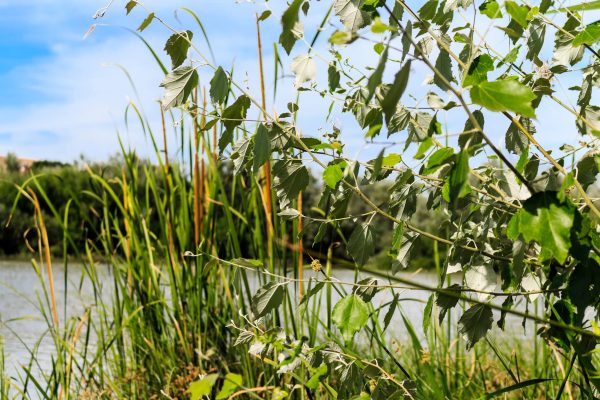
BIOECOREST-SAFARI Project (PART 1): A Project for the Ecological Restoration of the Guadalquivir River
Exploring the Line of BIOECOREST: A Project for the Ecological Restoration of River Ecosystems
In previous posts, we’ve discussed our BIOECOREST project focused on the recovery of marine forests. We’ve also explored the international context in which it is being developed, by addressing administrative frameworks such as the European Green Deal and the Nature Restoration Law. This time, we’re diving deeper into another branch of the initiative, currently taking place along the banks of the Guadalquivir River. This is the fluvial line of the project, known as BIOECOREST-SAFARI, which is focused on the ecological restoration of fluvial ecosystems.
Conserving riverbanks is vital for the health and functioning of these ecosystems. These areas not only act as natural filters regulating the input of nutrients and sediments, but also protect water and soil quality, reducing the risk of natural disasters.
Moreover, riverbanks provide essential habitats for a wide range of species, functioning as true “shields” against erosion and disturbances caused by human activities such as deforestation and uncontrolled urbanization. Taking care of these areas means protecting both biodiversity and the ecosystem services that nature provides to society, highlighting the importance of integrated water resource management strategies.
What does this ecological restoration project involve?
As mentioned before, the BIOECOREST-SAFARI project focuses on the ecological restoration of river ecosystems, using eco-engineering techniques that combine ecological principles with innovative technological solutions to enhance the resilience of rivers in the face of human pressures and the effects of climate change.
This branch of the project is focused on restoring the banks of the Guadalquivir River. The idea stems from an initiative aimed at the revalorization of the Guadalquivir’s river sludge, which is already underway, thanks to the collaboration between todobarro and the Port Authority of Seville.
The Guadalquivir River’s margins are facing accelerated degradation due to erosion, biodiversity loss, and disruption of natural processes. This situation affects not only the health of the river ecosystem but also vital economic activities, such as port operations, agriculture, and fishing.
Who is involved in this project
The success of ecological restoration depends on active collaboration across disciplines such as ecology, engineering, economics, and social sciences. This approach promotes the inclusion of various stakeholders—governments, local communities, NGOs, and the private sector—in decision-making processes at the technical, financial, and social levels.
According to the Society for Ecological Restoration (SER), although the public sector leads most restoration projects, there is growing interest from the private sector, even though only 27% of its members come from this field. The circular economy offers a strategic framework that connects environmental sustainability with viable business models.
The strength of BIOECOREST’s riverine line lies in the synergy among its participants, namely:
- todobarro leads the development of ceramic-based solutions, bringing its extensive experience in producing innovative materials from local resources.
- The Port Authority of Seville contributes its expertise in dredged sludge management and the implementation of circular economy strategies, using these materials to create sustainable building products.
- The University of Lille (France) supports the project with its expertise in modeling and 3D printing, ensuring that the prototypes are technically robust and adaptable to real-world field conditions.
- The Climate Change Chair of the University of Málaga contributes by selecting plant species and advising on the design, testing, and implementation of the proposed Nature-Based Solutions.
You can read the second part of this article here.
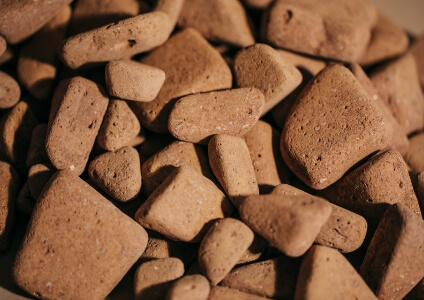
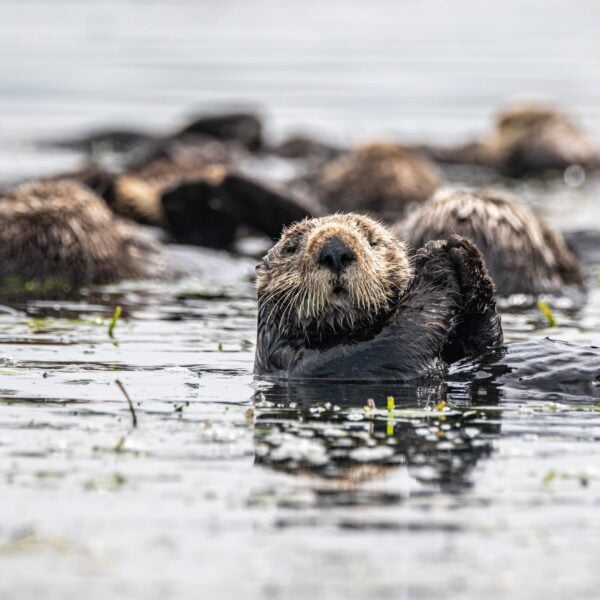
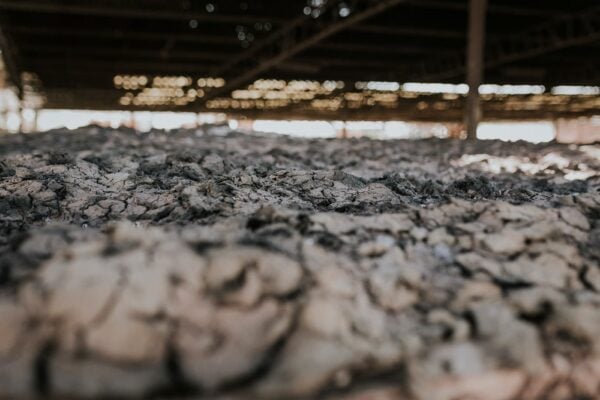
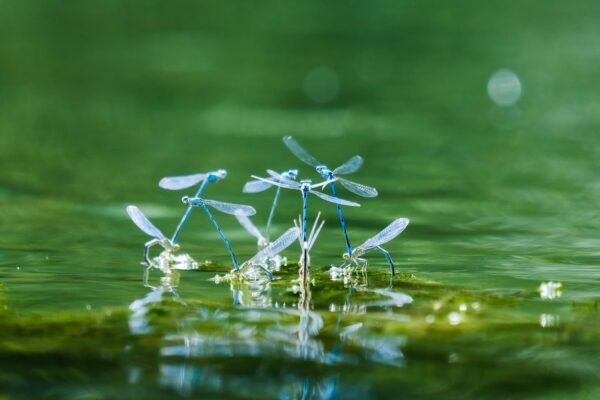
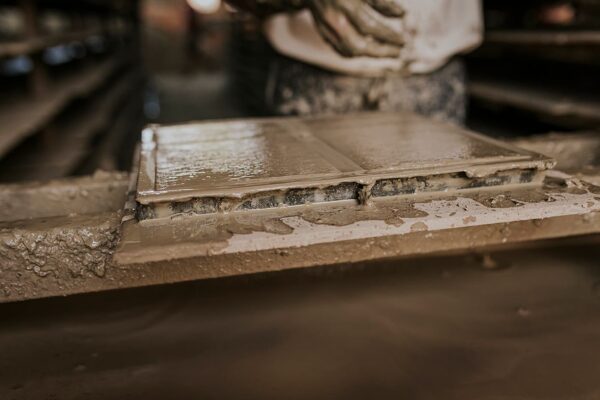
Top stories
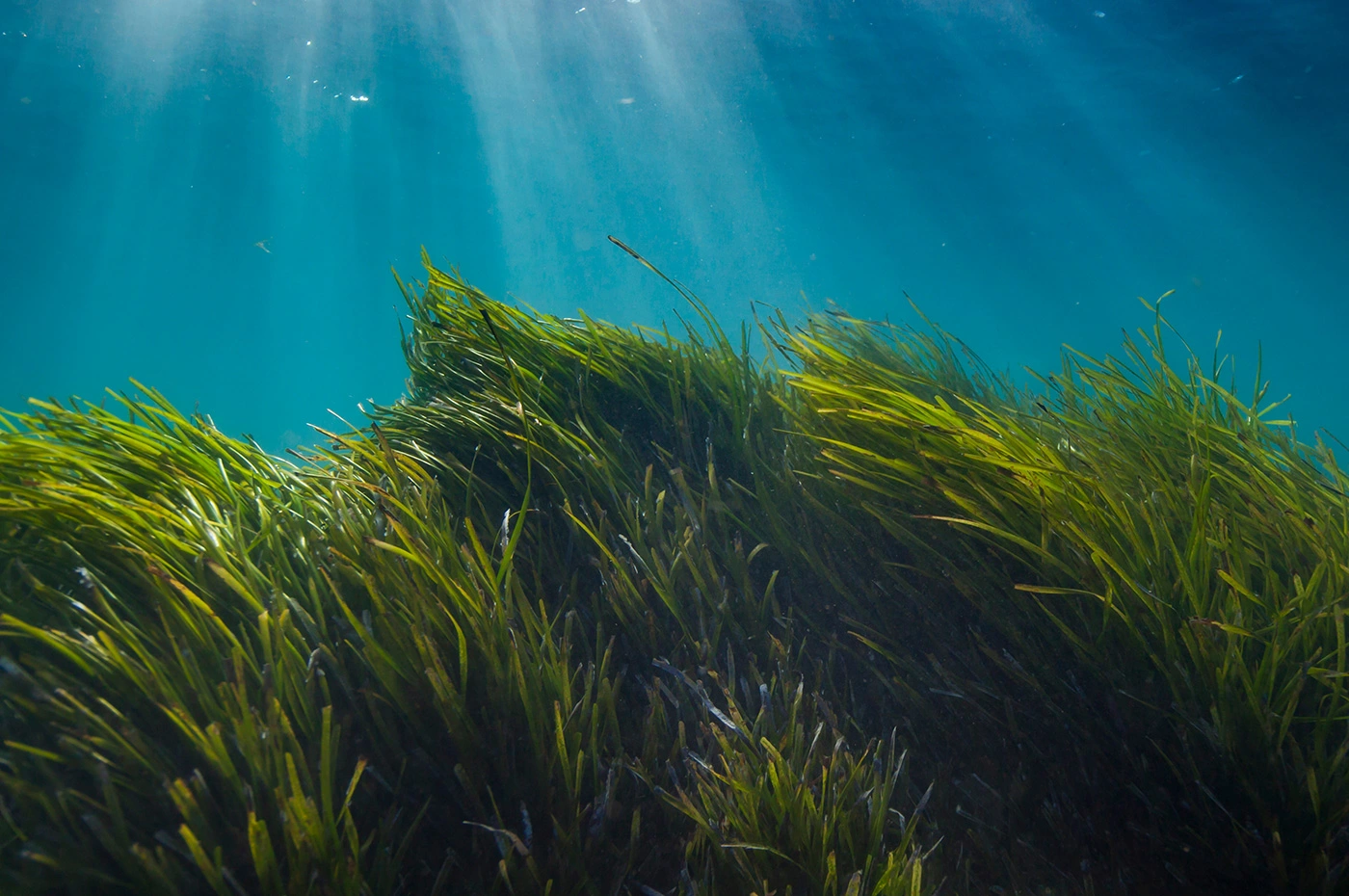
What is the Nature Restoration Law?
The Nature Restoration Law is a European regulation approved in 2024, aiming to ensure the necessary actions and initiatives to repair damaged ecosystems and…
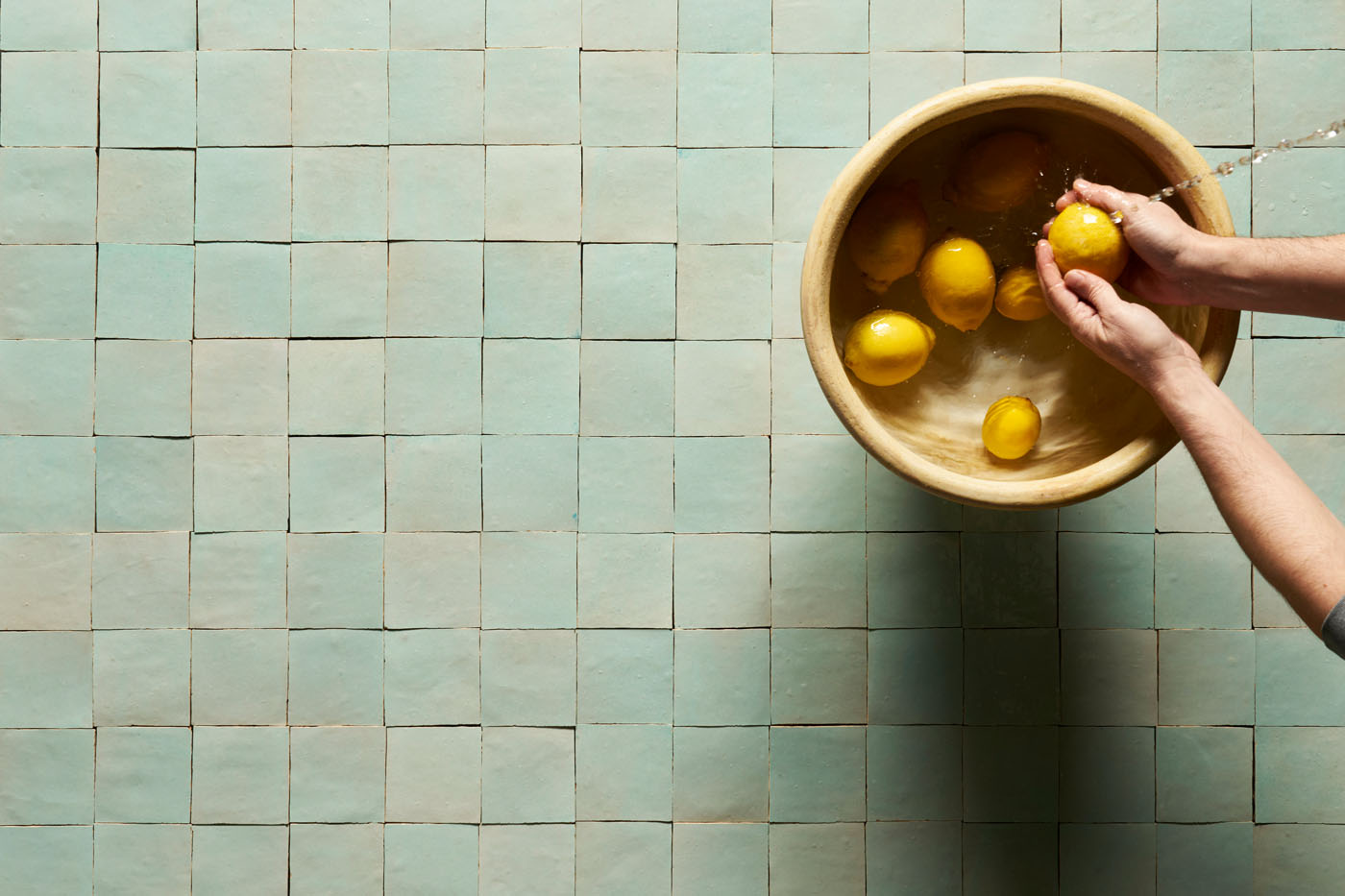
Acequias or irrigation ditches: an ancient knowledge making its comeback
“Acequias” (ditches) are one of the oldest existing systems of channeling and use of water. In the Iberian Peninsula we know them well: the…
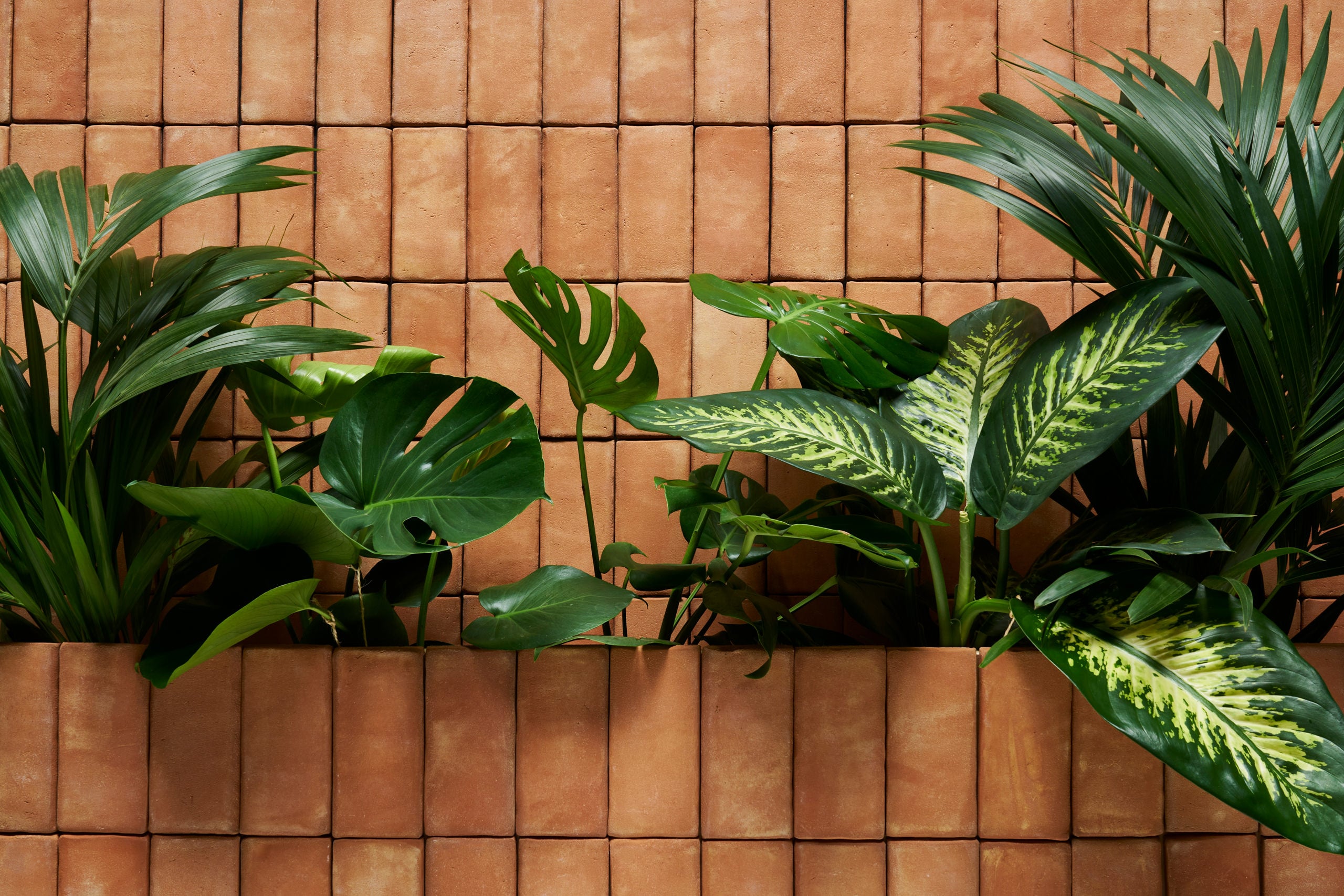
What is a compensatory measure?
By definition, a compensatory measure is an action aimed to restore or repair de negative environmental impact of any give activity -usually of a…
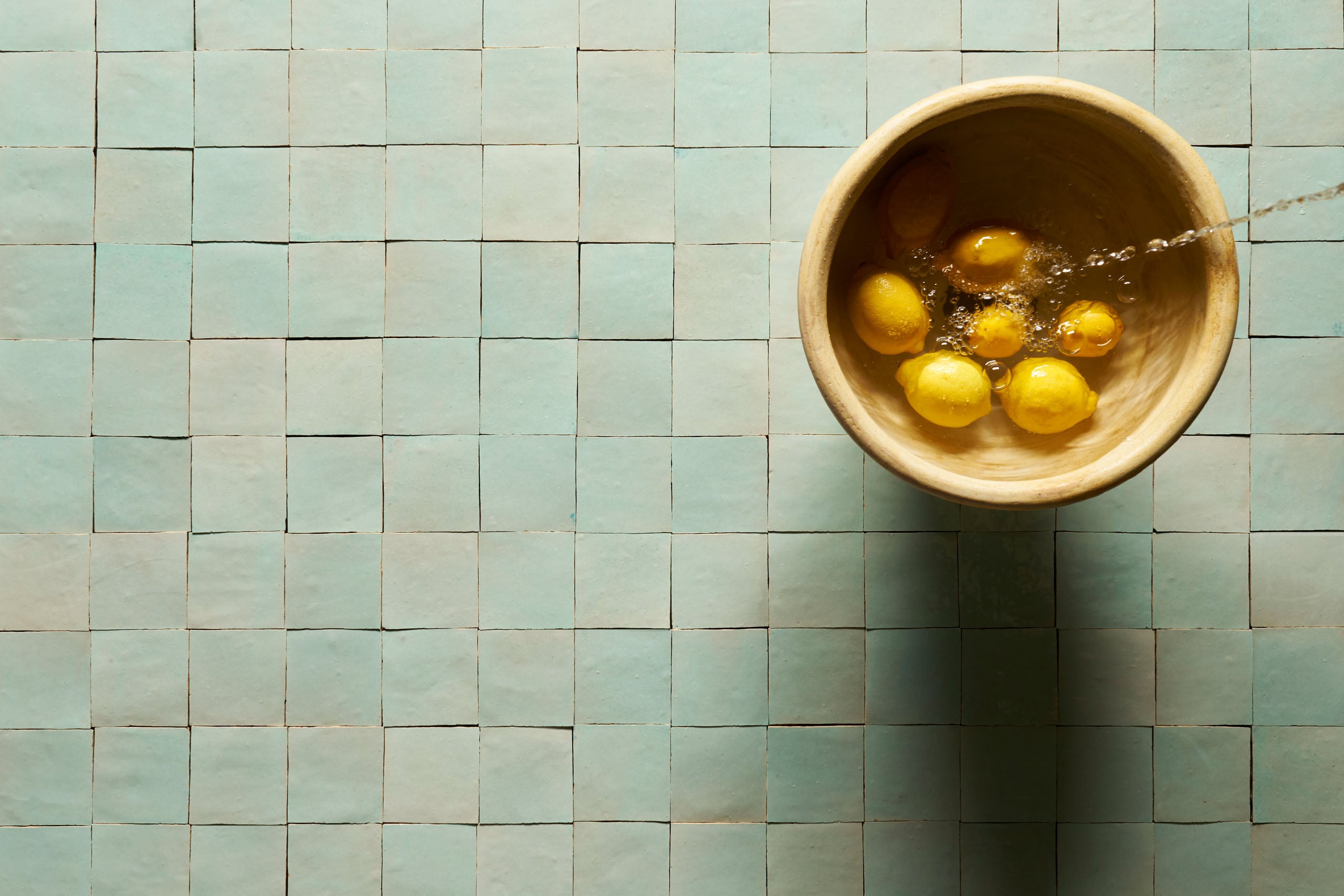
What are Zellige tiles?
The word zellige means ‘polished stone’ in Arabic. It refers to a type of traditional tile and mosaic technique characteristic of Morocco and the…



